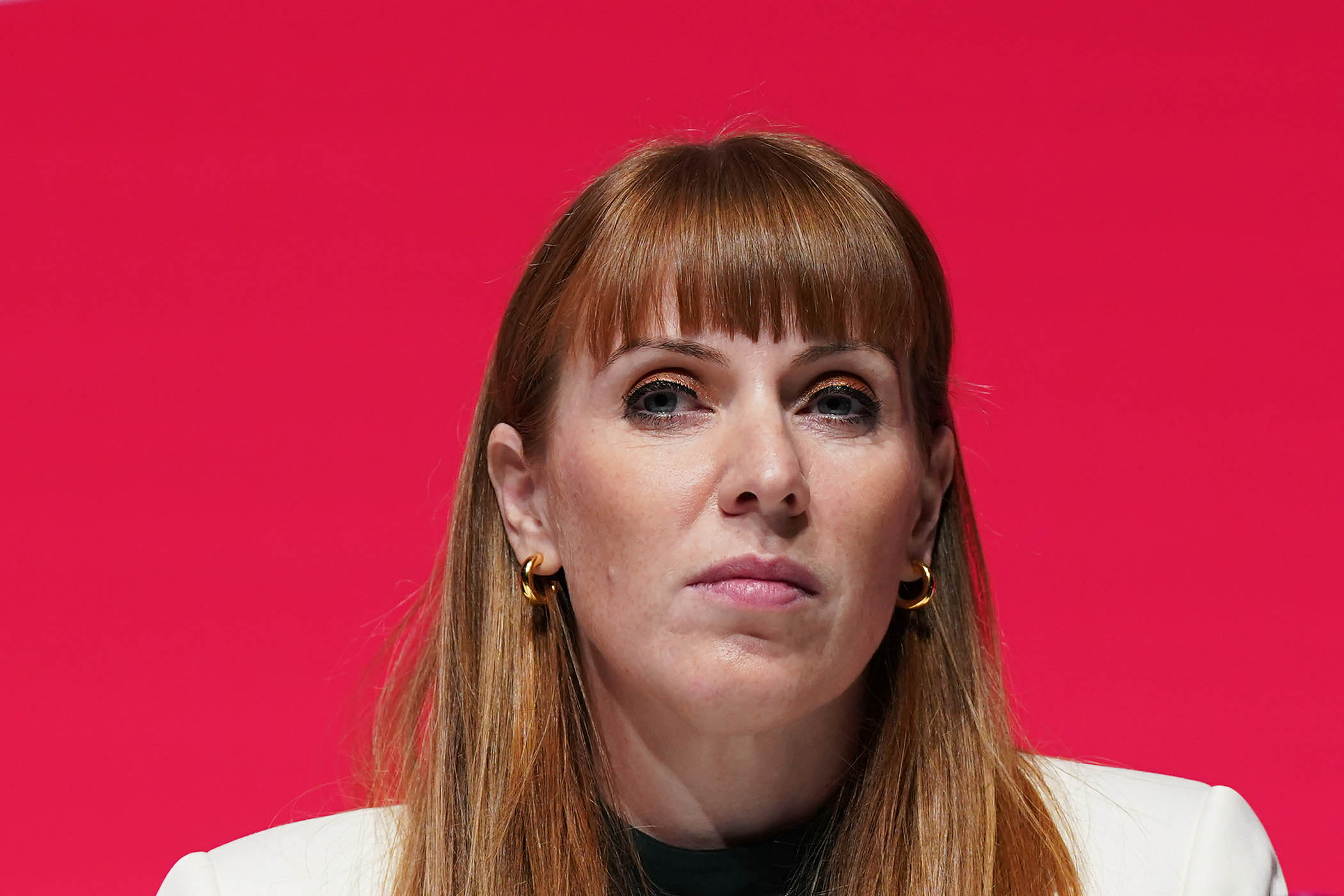The chancellor, Rachel Reeves, was the still point of the turning world in cabinet but, around her, economic and social policy is shifting.
The recent appointment of Minouche Shafik, the former deputy governor of the Bank of England, as the prime minister’s economics adviser, and the promotion of Torsten Bell, the former chief executive of the Resolution Foundation, to lead the budget preparations are a sign of an emerging “Keironomics” that could lead to a gradual reshaping of the state.
Both Shafik and Bell have called for a significant rebalancing to put a greater focus on intergenerational fairness and better align taxes on income and assets. The influence of the Resolution Foundation, a thinktank that focuses on low earners, is increasingly clear across Whitehall.
Dan Tomlinson, now a Treasury minister, Vidhya Alakeson, Starmer’s deputy chief of staff, and Matthew Pennycook, the housing minister, all worked for it before joining the government.
The Resolution Foundation’s Economy 2030 inquiry, which Lady Shafik co-chaired and Bell oversaw, warned that Britain had become a “stagnation nation” beset by a toxic combination of “slow growth and high inequality”.
There is “nothing economically or democratically sustainable” about a situation in which 4 million people experienced destitution in 2022, it concluded.
The report called for the pension triple lock to be scrapped and the two-child benefit cap abolished. It also proposed a new more “proportional property tax” with a revaluation of council tax bands and stamp duty slashed.
No 10 sources stress that not every idea previously proposed by the new appointees will be adopted by the government. But the direction of travel is obvious.
Allies say that Starmer has known Shafik since he was the director of public prosecutions and she was permanent secretary at the Department for International Development, and admires her intellectual rigour. “It was not a random pick,” said an ally.
One Whitehall grandee said: “Keirononics is there to be shaped. I think Minouche can do it – she will have strong views. The question is, will people like Morgan McSweeney [the prime minister’s chief of staff] be saying: ‘That’s all very well, but it doesn’t fit with our political strategy, which is all about immigration and Nigel Farage.’”
Newsletters
Choose the newsletters you want to receive
View more
For information about how The Observer protects your data, read our Privacy Policy
Andy Haldane, the former chief economist at the Bank of England, who knows Shafik and Bell well, said they are both a “significant upgrade” on what went before but is “sceptical” that the government machine can “rise to the scale of the challenge” facing the country.
“The Treasury is weaker than at any time in my working life,” said Haldane.
Crossbench peer Jim O’Neill, a former Treasury minister and Goldman Sachs economist, believes the rising cost of government borrowing means the chancellor must be bold in the budget on 26 November.
“Ever since the welfare climbdown, the markets have been subtly showing signs of being more concerned than they were before,” said Lord O’Neill.
Property taxes, the pension triple lock, welfare reform and NHS productivity should, in his view, be top of the list.
Photograph by Sophia Evans/The Observer



